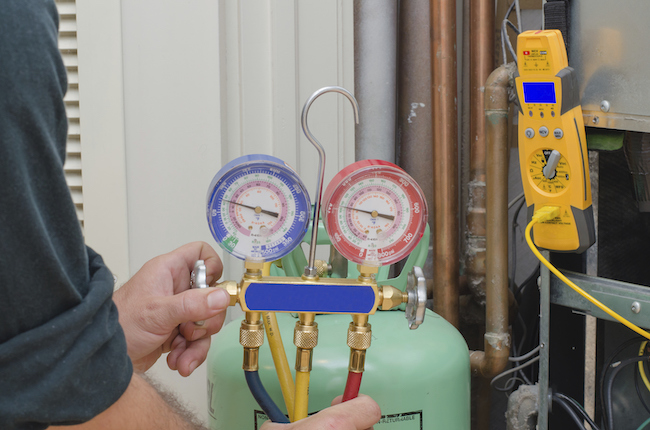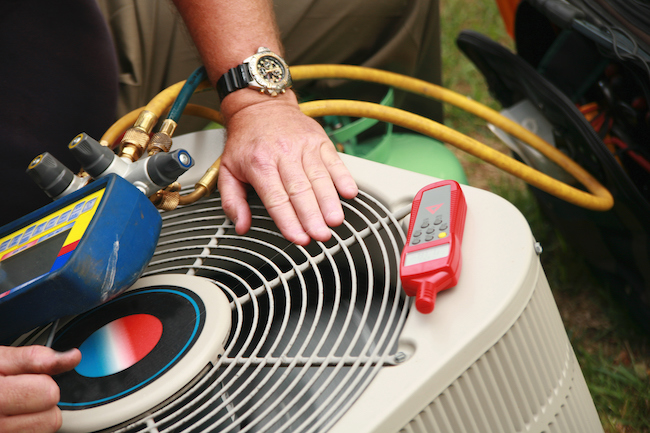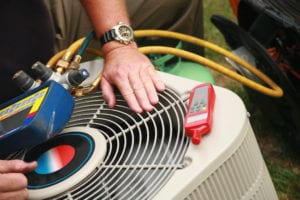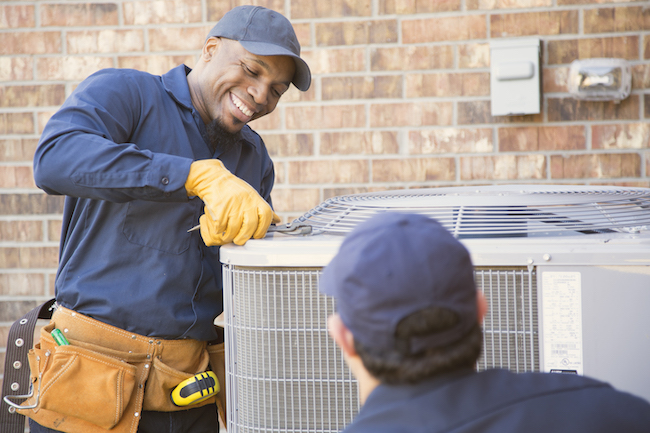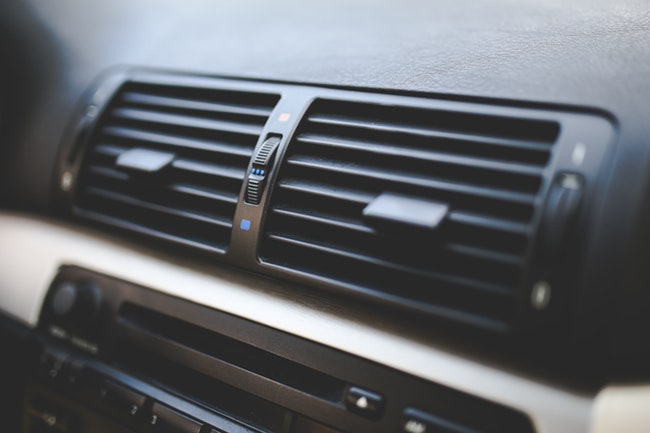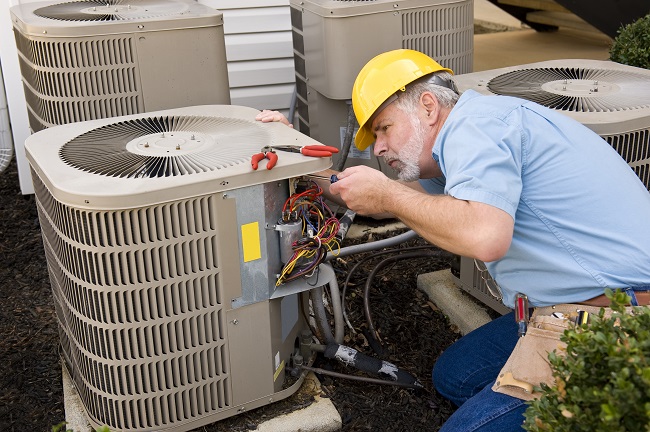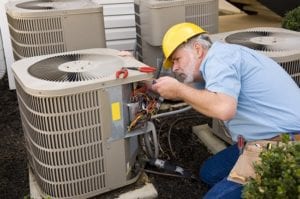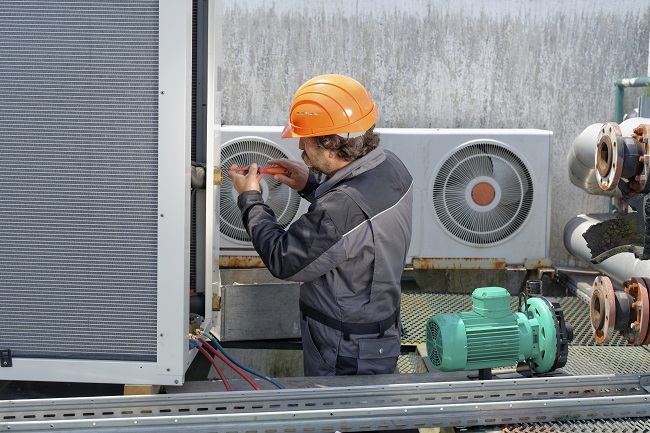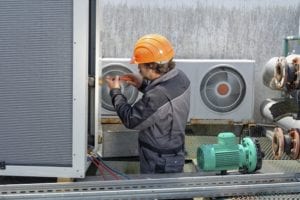Air Conditioner UV Dye, Nitrogen, and More: 3 Ways to Detect AC Leaks
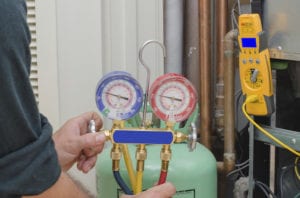
Read on to learn about different methods of leak detection and why you should consider adding air conditioner UV dye to your toolkit.
Finding holes in AC/R systems can be a challenge. Frozen units are often malfunctioning due to a loss of refrigerant, and finding all leaks in the system is an essential part of making lasting repairs. From the age-old soap bubble test to modern electronic leak detectors, there are plenty of methods that one can use to detect leaks in HVAC units. Read on to learn about different methods of leak detection and why you should consider adding air conditioner UV dye to your toolkit.

